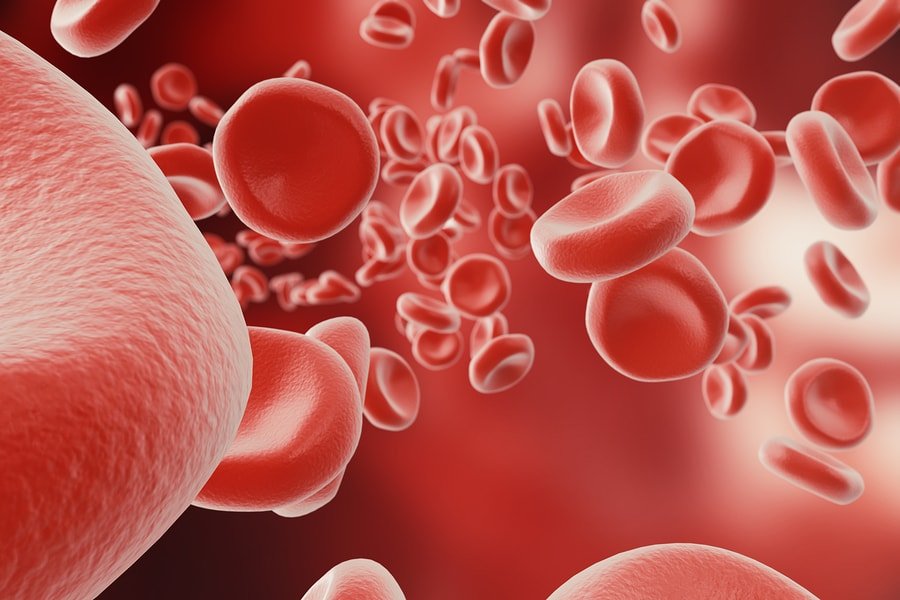
Hemoglobin is a protein found in red blood cells that is responsible for carrying oxygen throughout the body. Low hemoglobin levels can cause fatigue, weakness, shortness of breath, and other health problems. If your hemoglobin levels are between 8 and 10, there are several things you can do to increase your levels naturally. In this article, we will discuss some home tips to increase hemoglobin from 8 to 10.
- Eat Iron-Rich Foods
Iron is essential for the production of hemoglobin. Eating iron-rich foods can help increase your hemoglobin levels. Foods rich in iron include red meat, poultry, fish, beans, lentils, tofu, spinach, kale, and other leafy green vegetables. Try to include these foods in your diet on a regular basis.
- Consume Foods High in Vitamin C
Vitamin C helps the body absorb iron more efficiently. Eating foods high in vitamin C along with iron-rich foods can help increase your hemoglobin levels. Foods high in vitamin C include oranges, grapefruits, strawberries, kiwi, mango, papaya, red and green peppers, broccoli, and tomatoes.
- Add Beetroot to Your Diet
Beetroot is a rich source of iron, folic acid, and vitamin C. It helps increase the production of red blood cells and can boost your hemoglobin levels. You can eat beetroot in salads, smoothies, or as a juice.
- Drink Nettle Tea
Nettle tea is a natural remedy for anemia. It is rich in iron, vitamin C, and other nutrients that help increase hemoglobin levels. You can make nettle tea by steeping fresh or dried nettle leaves in hot water for 5-10 minutes.
- Avoid Drinking Tea and Coffee with Meals
Tea and coffee contain tannins, which can inhibit the absorption of iron. Avoid drinking tea or coffee with your meals, or at least an hour before or after your meals.
- Increase Your Water Intake
Drinking plenty of water can help increase your hemoglobin levels. Water helps flush out toxins and impurities from your body, which can improve the production of red blood cells. Aim to drink at least 8-10 glasses of water per day.
- Exercise Regularly
Regular exercise can help increase your hemoglobin levels by improving the circulation of oxygen-rich blood throughout your body. Exercise also helps improve your overall health and well-being. Aim to exercise for at least 30 minutes per day, five days a week.
- Take Supplements
If you are unable to get enough iron and other nutrients from your diet, you may need to take supplements. Iron supplements are available over-the-counter and can help increase your hemoglobin levels. Talk to your doctor before taking any supplements, as some may have side effects or interact with other medications.
- Get Enough Rest
Getting enough rest is important for maintaining good health and improving your hemoglobin levels. Aim to get at least 7-8 hours of sleep per night. If you have trouble sleeping, try relaxing activities such as meditation, yoga, or reading before bedtime.
- Manage Stress
Stress can have a negative impact on your health and well-being. It can also affect your hemoglobin levels. To manage stress, try relaxation techniques such as deep breathing, meditation, or yoga. Make time for activities that you enjoy, such as hobbies, spending time with friends and family, or taking a walk in nature.
References:
- “Iron-Rich Foods” – Healthline. Retrieved from https://www.healthline.com/nutrition/iron-rich-plant-foods
- “Vitamin C and Iron Absorption” – National Institutes of Health (NIH). Retrieved from https://ods.od.nih.gov/factsheets/VitaminC-HealthProfessional/
- “Beetroot and Iron” – Medical News Today. Retrieved from https://www.medicalnewstoday.com/articles/318597#benefits
- “Nettle Tea Benefits” – Medical News Today. Retrieved from https://www.medicalnewstoday.com/articles/nettle-tea-benefits
- “Tea and Coffee Consumption and Iron Status” – Nutrients. Retrieved from https://www.ncbi.nlm.nih.gov/pmc/articles/PMC6470909/
- “Water, Hydration and Health” – Centers for Disease Control and Prevention (CDC). Retrieved from https://www.cdc.gov/healthywater/drinking/nutrition/index.html
- “Physical activity and hemoglobin level” – Journal of Clinical and Diagnostic Research. Retrieved from https://www.ncbi.nlm.nih.gov/pmc/articles/PMC4326055/
- “Iron Supplements” – Mayo Clinic. Retrieved from https://www.mayoclinic.org/drugs-supplements/iron-supplement-oral-route-parenteral-route/proper-use/drg-20070148
- “Sleep and Health” – National Heart, Lung, and Blood Institute (NHLBI). Retrieved from https://www.nhlbi.nih.gov/health-topics/sleep-deprivation-and-deficiency
- “Stress Management” – National Institute of Mental Health (NIMH). Retrieved from https://www.nimh.nih.gov/health/topics/stress/index.shtml


